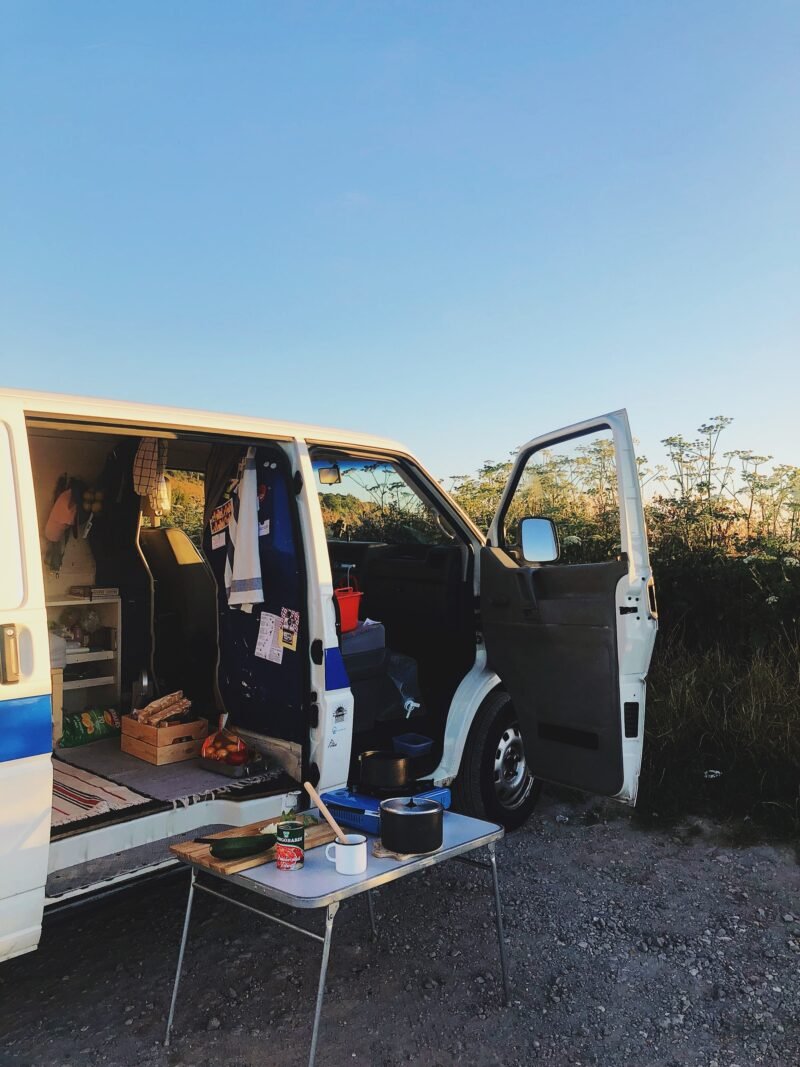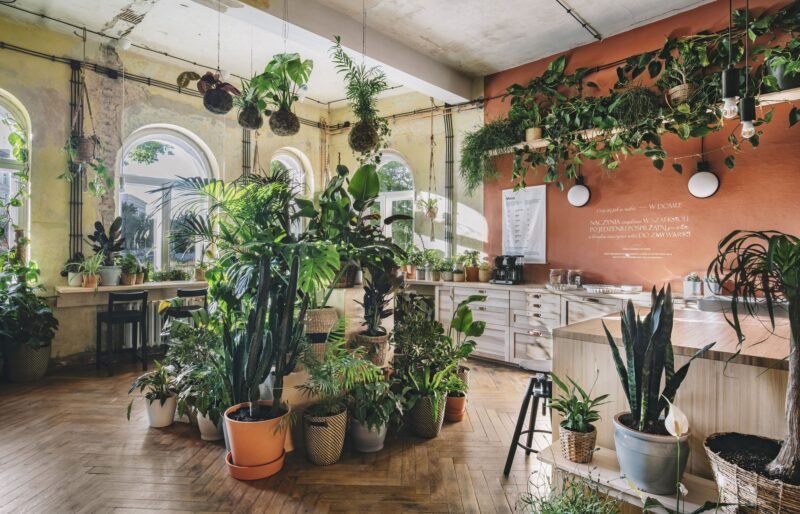Pocket Living Keeps London’s Housing Market Accessible for First-Time Buyers

London-based Pocket Living is making homeownership more affordable and accessible through their modular homes.
As cities around the world grow in population density, land prices are rising rapidly, and homeownership is becoming more and more expensive. Although this increased unaffordability is felt by almost all urban dwellers, one group that has been disproportionately affected is the young, lower-to-middle-income population living in cities. These individuals simply do not earn enough money to attain homeownership, and they also do not own other types of assets as a result of their young age.
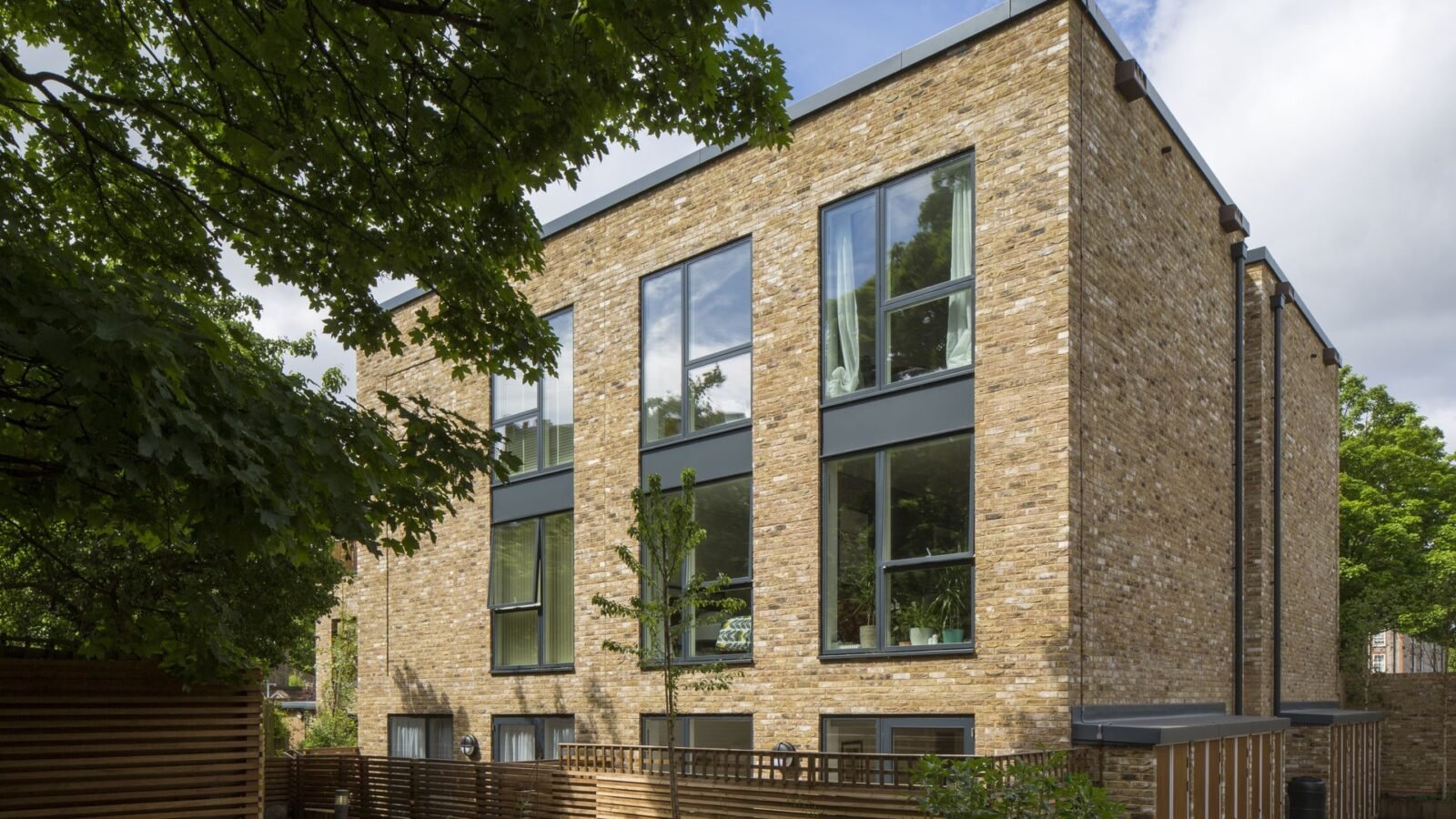
Pocket Living is a London-based company working to address this issue by creating affordable, well-designed homes for young, first-time buyers with a modest income. Each Pocket home is 38 square meters in size and is divided into three separate spaces: an open-plan kitchen and living space, a double bedroom, and a bathroom. The three spaces are connected by a hallway, which has dedicated cupboards for storage. Aside from bathrooms, Pocket spaces are designed with high ceilings as well as full-length windows, which help to maximise daylight throughout the homes. The standardised design of the one-bedroom Pocket homes is ideal for modular construction, which has allowed Pocket Living to carry out several developments across London.
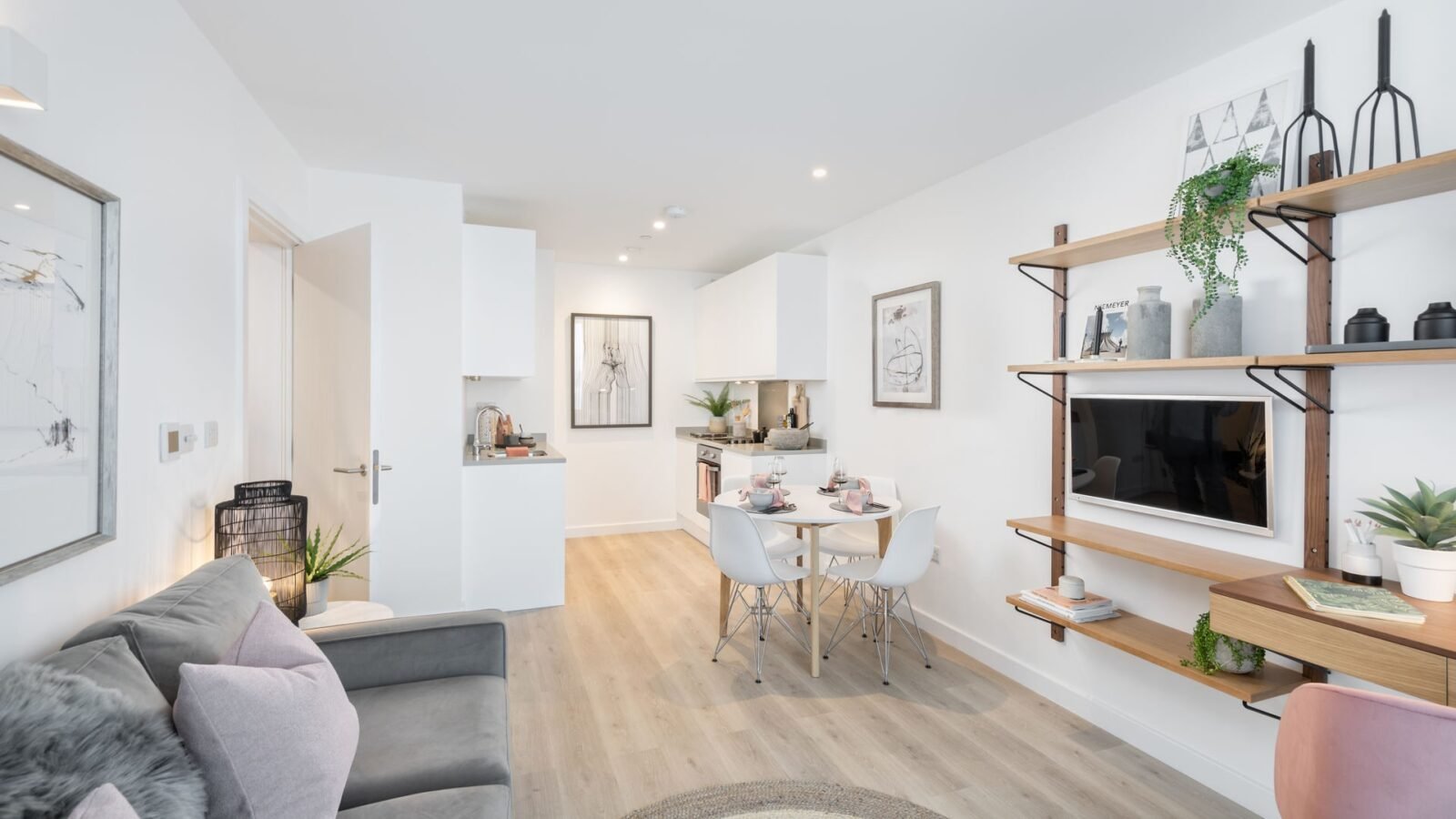
Aside from its design, another notable feature of Pocket Living’s initiative is its community focus. Every Pocket development is built with common spaces such as gardens, roof terraces, and community centres, and the team hosts a welcome drinks reception for new buyers so that the residents can mingle and get to know each other. Each building also has a residents’ management committee, which all Pocket owners are a member of and is responsible for deciding how the building should be run.
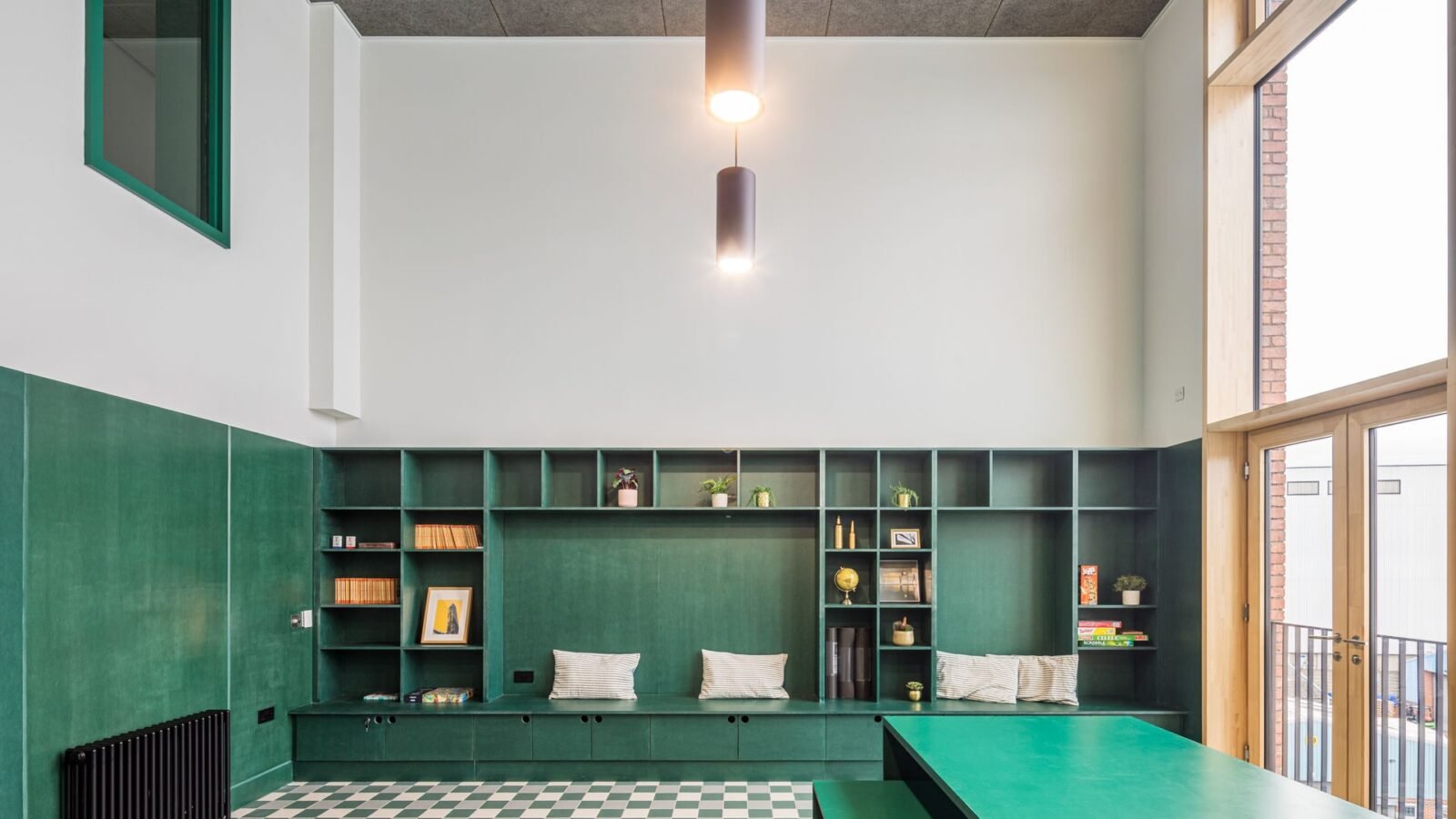
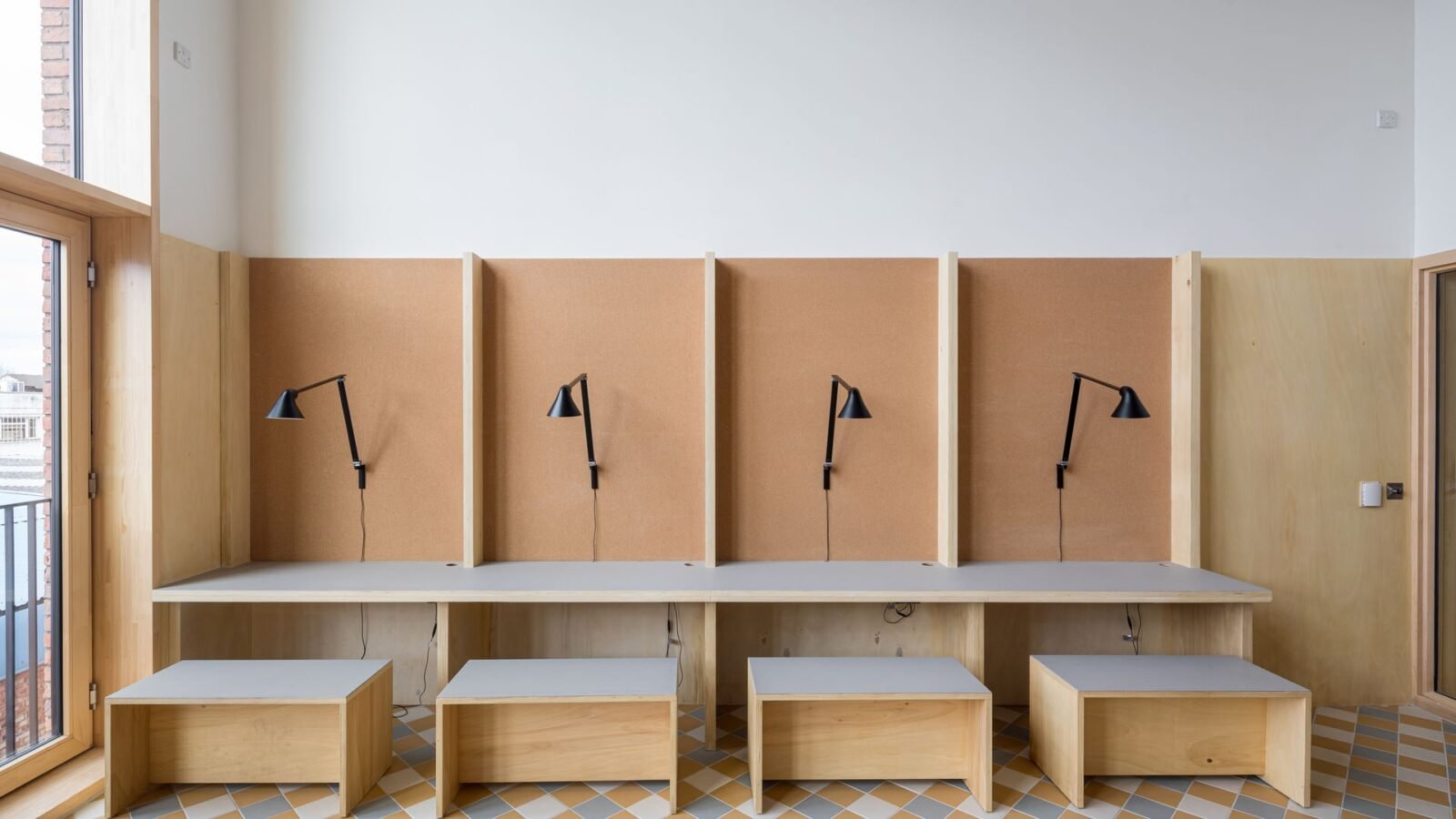
All Pocket homes are sold for at least 20% less than the market value of the units. To buy a Pocket home, individuals must not own any other properties, must live or work in the area of the development, and must pass an affordability assessment to be deemed eligible for purchase. Homes can only be resold after one year of ownership to eligible individuals.
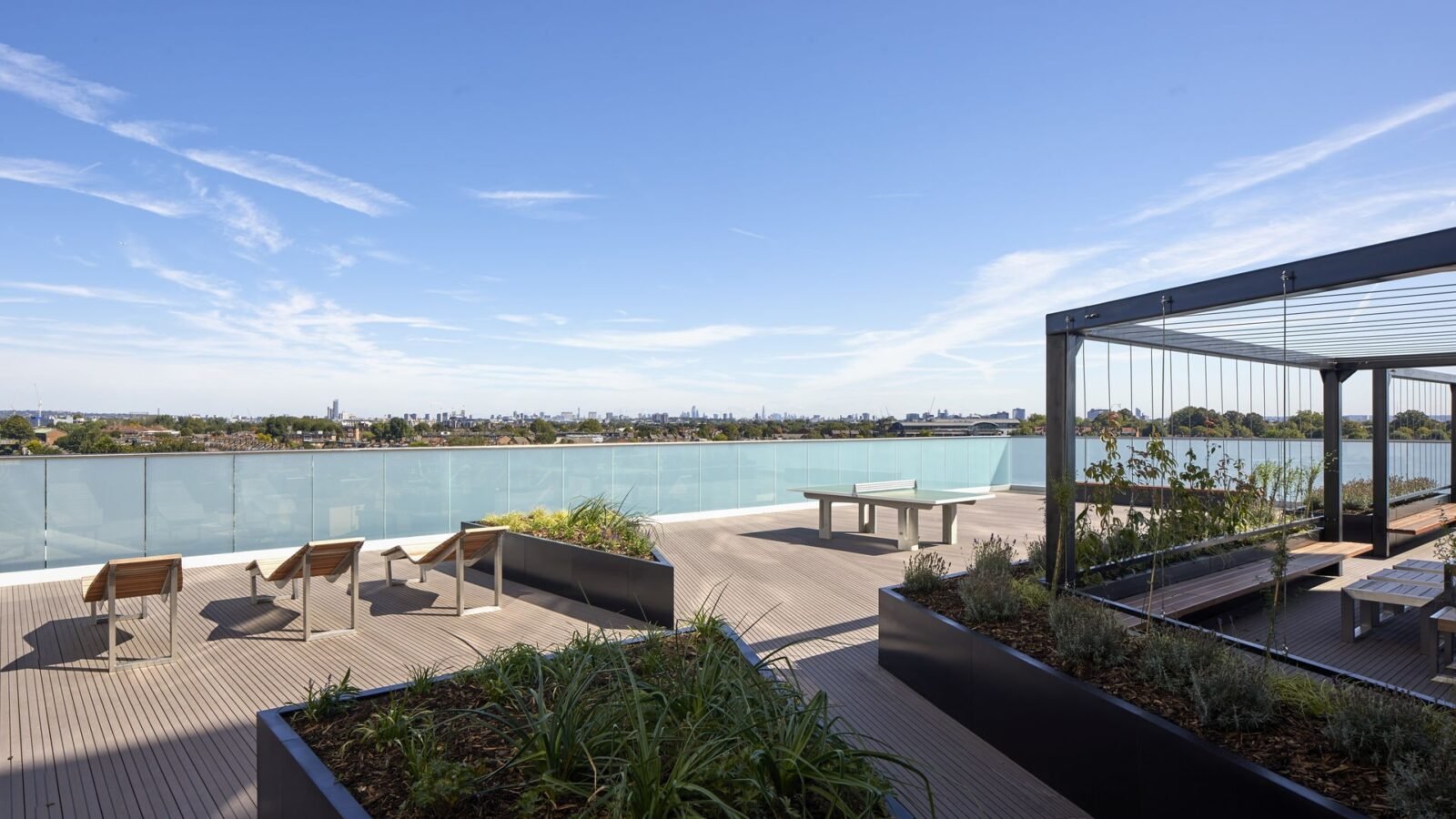
Currently, in London, low-to-middle income individuals simply cannot afford to buy their own homes at the market rate. As a result, they typically live in rented or social housing. However, homeownership continues to be a normalised aspiration in contemporary society, leading to the marginalization and stigmatisation of renters or social housing tenants. In this context, Pocket Living can be seen as a social initiative that strives to make homeownership accessible for more individuals, bridging the social gaps found in London’s housing system.

